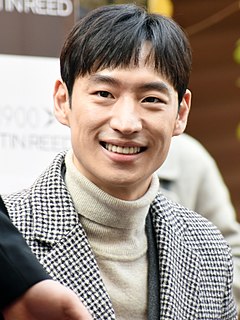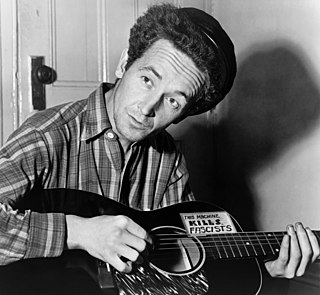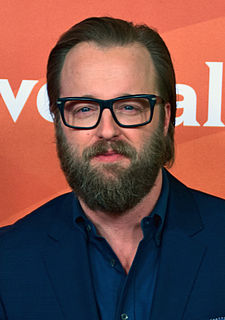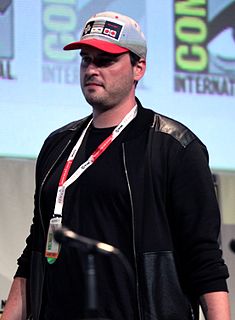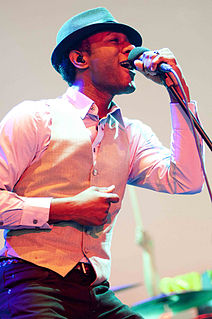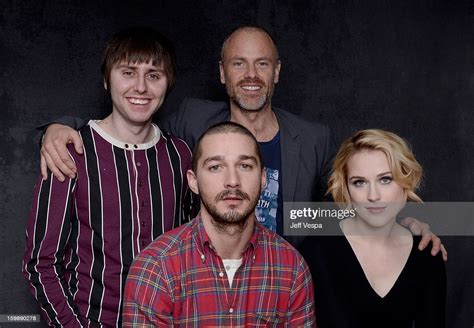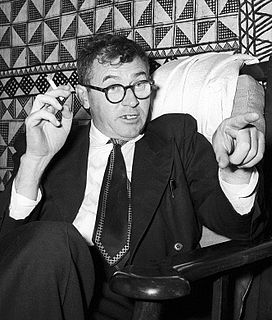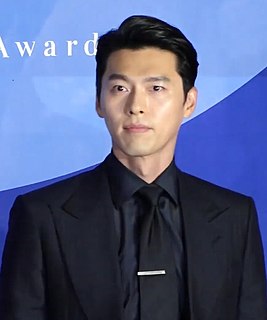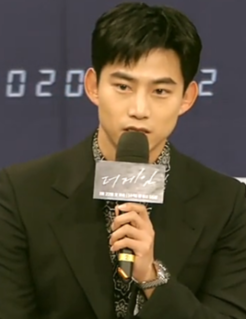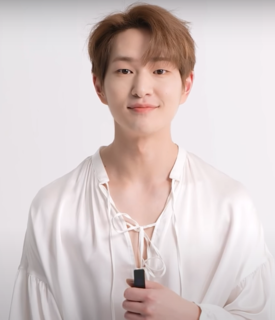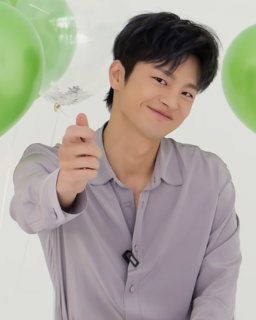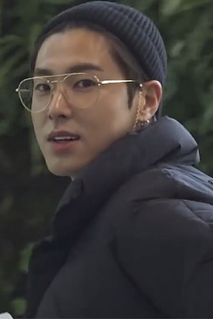A Quote by Lee Je-hoon
Looking back at how I have been selecting my characters, I tried to choose movies with social messages or ones with a unique genre.
Related Quotes
The American horror movies are more moralistic, they have not only good characters, but characters where the ultimate danger is death. What I like about European cinema is they have another sense of what's good, what's bad, and sometimes all the characters are far more complex than just that. It's less binary, the Giallo genre.
I've been searching for a genre that would be most adequate to my vision of the world to convey how my ear hears and my eyes see life. I tried this and that, and finally, I chose a genre where human voices speak for themselves. But I don't just record a dry history of events and facts; I'm writing a history of human feelings.
Movies cost so much that studios really try to impose their personality over yours. A lot of times, you can get swallowed up in that and end up making movies that are indistinguishable from anybody else's. One of the things I've always tried to do is to inject myself as much as possible into the movie, so I feel like it's mine. But that also comes from what you choose to do and what you choose not to do. There are certain projects I could have said yes to, and I know exactly how they would have turned out: exactly the way they turned out when someone else did them.
Danny Boyle has been a huge, has had a huge effect on me. His movies, early movies like Trainspotting and those movies. So I've always loved the energies of those movies. But also, that they are very focused on the characters. Cause it's not only gimmickery, it's not only about visuals. You feel a real need, a love for the main characters. So that's what I've always loved about watching movies myself.
Fitzgerald describes the social disillusionments and ballroom romanticism of the young people of the upper classes and the loneliness of Gatsby, who gives large parties and has an extensive social life; yet he is lonely, and his guests scarcely know him.... Hemingway's characters live in a tourist world, and one of their major problems is that of consuming time itself. It is interesting to observe that his works are written from the stand point of the spectator. His characters are usually people who are looking--looking at bullfights, scenery, and at one another across cafe tables.
